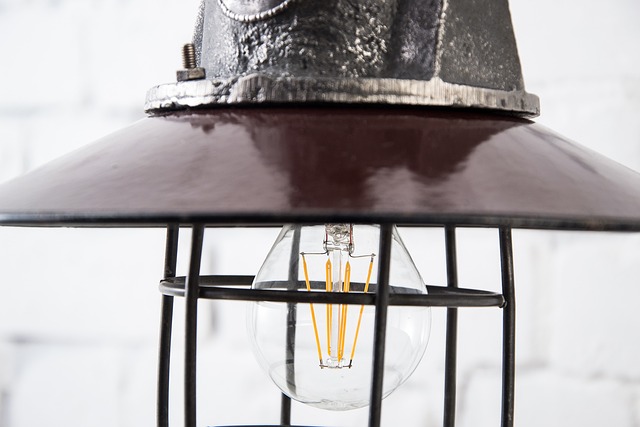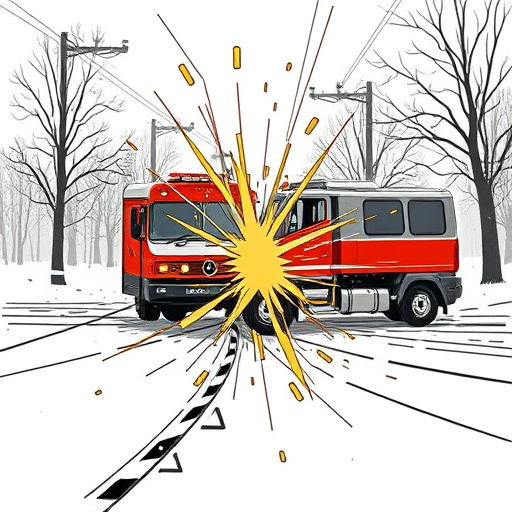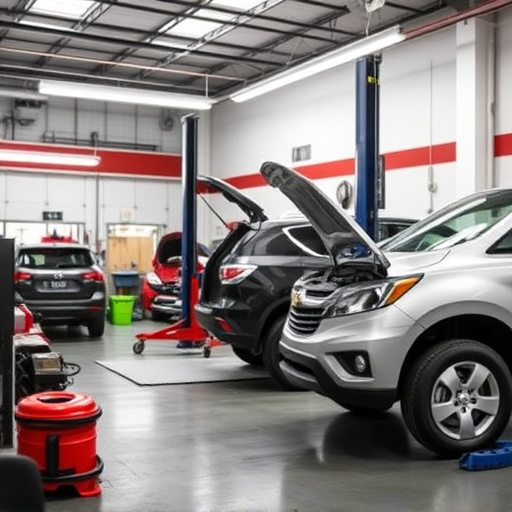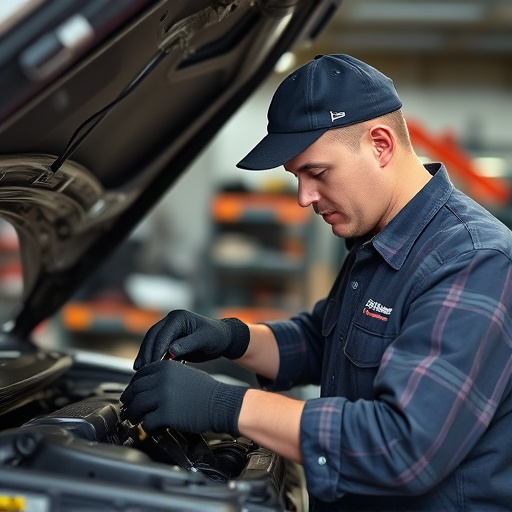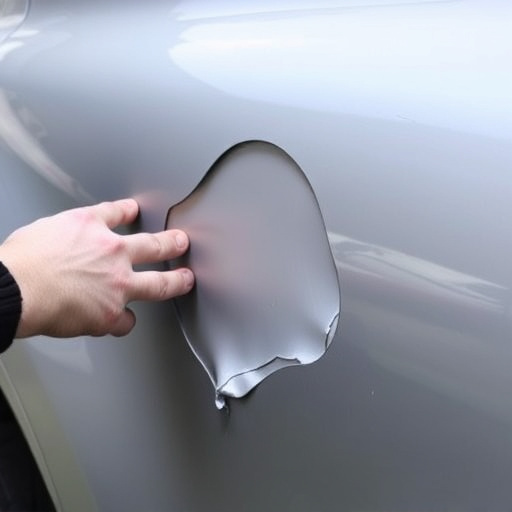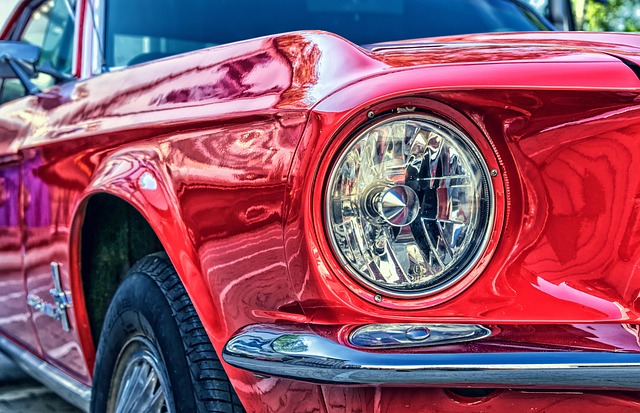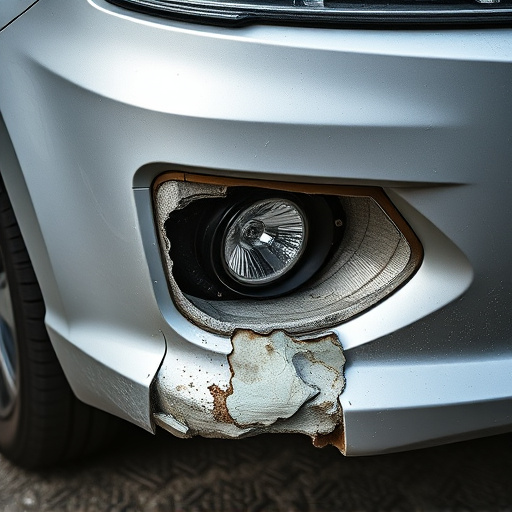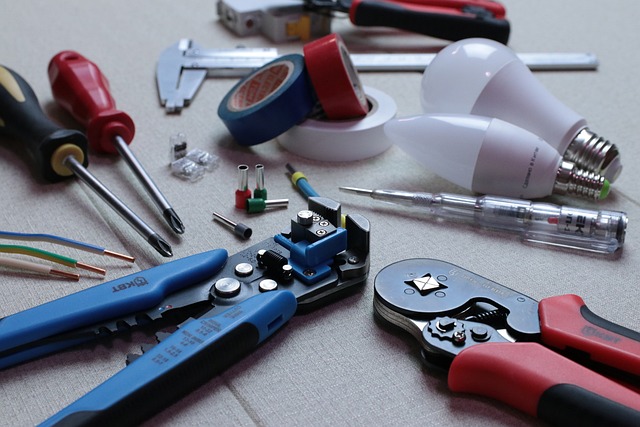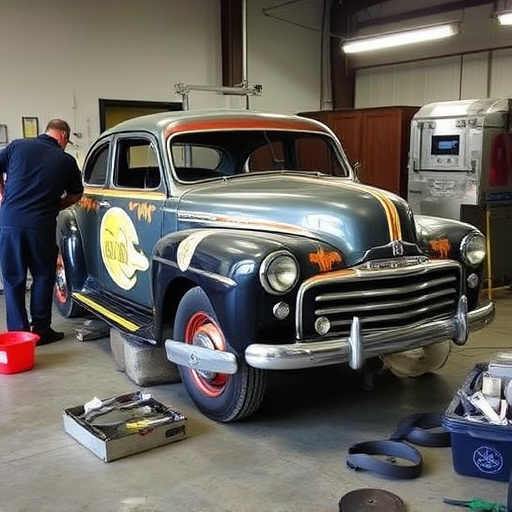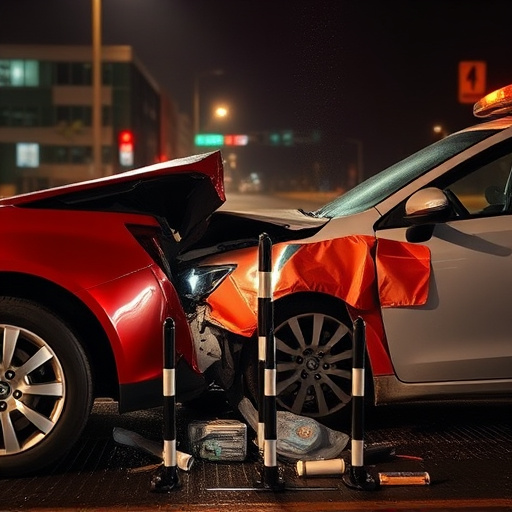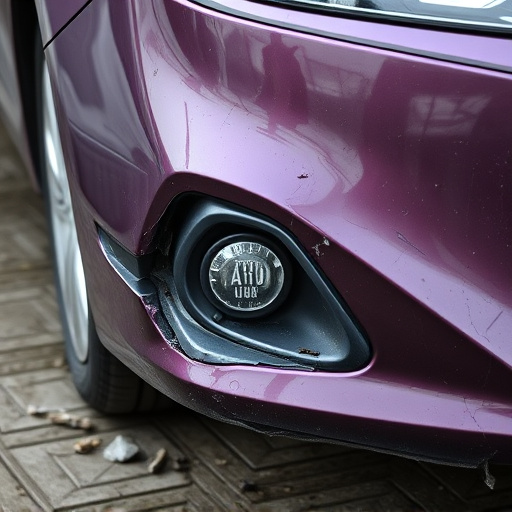Regular maintenance, including calibration, testing, cleaning, and inspections, is vital for advanced welding equipment to ensure precision, structural integrity, and high-quality bodywork repairs. Proactive care prolongs equipment lifespan, prevents failures, minimizes downtime, enhances safety, and satisfies customers in auto glass replacement and specialized services.
“Maximize the performance of your advanced welding equipment with these best practices. Regular maintenance checks, including thorough calibration and testing procedures, are key to ensuring precision and longevity. Implement preventive care strategies to prolong equipment lifespan and minimize downtime. Discover how these essential practices can enhance efficiency, reduce costs, and maintain the highest standards in modern welding operations.”
- Regular Maintenance Checks for Optimal Performance
- Calibration and Testing Procedures: Ensuring Precision
- Preventive Care: Prolonging Equipment Lifespan
Regular Maintenance Checks for Optimal Performance
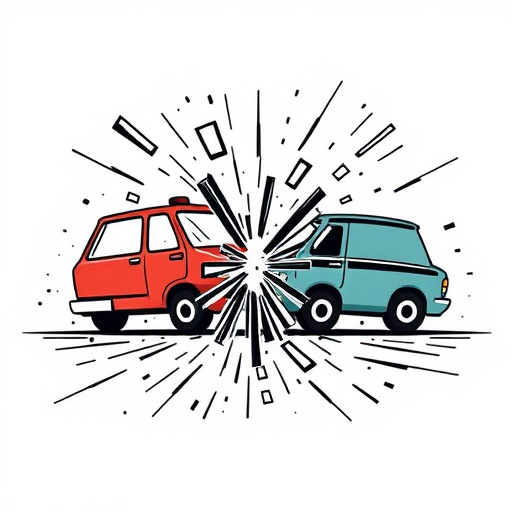
Regular maintenance checks are paramount for keeping advanced welding equipment in peak condition and ensuring optimal performance. These periodic assessments should include thorough inspections of all moving parts, lubrication of critical mechanisms, and calibration of sensors to maintain precision. By implementing a structured maintenance schedule, operators can anticipate potential issues before they escalate, reducing downtime and extending the lifespan of their sophisticated machinery.
For instance, in the context of vehicle bodywork and car body restoration, regular maintenance on welding equipment can prevent misalignments that may lead to subpar repairs. Vehicle repair services benefit greatly from these practices as they directly impact the quality of restored components. By prioritizing maintenance, shops can offer consistent, high-quality work, fostering customer satisfaction and loyalty in their vehicle bodywork offerings.
Calibration and Testing Procedures: Ensuring Precision

Maintaining advanced welding equipment involves regular calibration and testing procedures to ensure precision. These processes are critical for car body shops and luxury vehicle repair centers, where even minor deviations in welding can impact the structural integrity and overall quality of vehicle bodywork. Calibration ensures that all equipment components, from sensors to control systems, function at optimal levels, resulting in consistent and accurate welds.
Testing procedures should be thorough and systematic, covering various aspects such as electrical accuracy, pressure settings, and gas flow rates. Regular calibration and testing not only enhance the performance of advanced welding equipment but also contribute to safer working environments by reducing the risk of human error. This meticulous approach is vital for achieving top-notch results in any car body shop, regardless of the complexity of the luxury vehicle repair at hand.
Preventive Care: Prolonging Equipment Lifespan
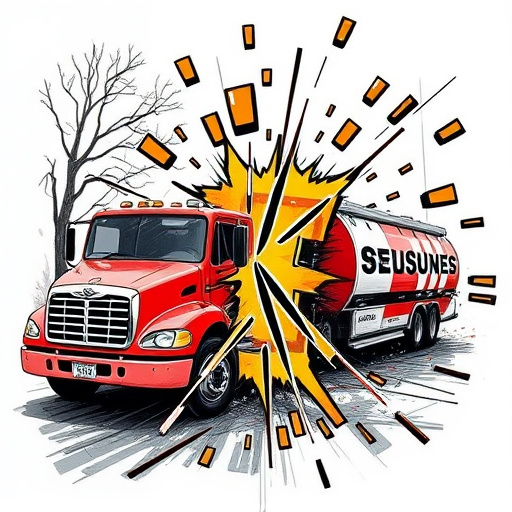
Preventive care plays a pivotal role in prolonging the lifespan of advanced welding equipment. Regular cleaning and inspection are non-negotiable components of this practice. Welding machines, like any intricate machinery, accumulate dust, debris, and metal shavings over time, which can lead to performance issues and even damage if not addressed. A thorough cleaning schedule, adhering to the manufacturer’s guidelines, ensures optimal equipment condition. This involves removing built-up contaminants from sensitive components, preventing corrosion, and maintaining precision adjustments.
Additionally, regular checks for wear and tear are essential. Auto repair services often emphasize the importance of timely maintenance, mirroring this philosophy in advanced welding equipment. Body shop services that rely on high-quality welding can significantly benefit from proactive measures, such as lubricating moving parts, checking electrical connections, and replacing worn-out components before they fail. This not only extends the life of the equipment but also ensures consistent, top-tier performance in auto glass replacement or other specialized body shop tasks.
Maintaining advanced welding equipment requires a multifaceted approach, encompassing regular maintenance checks, precise calibration, and proactive preventive care. By adhering to these best practices, users can ensure optimal performance, enhance accuracy, and significantly prolong the lifespan of their equipment. Investing time in these measures ultimately translates to increased efficiency and cost savings in the long run for any welding operation.

